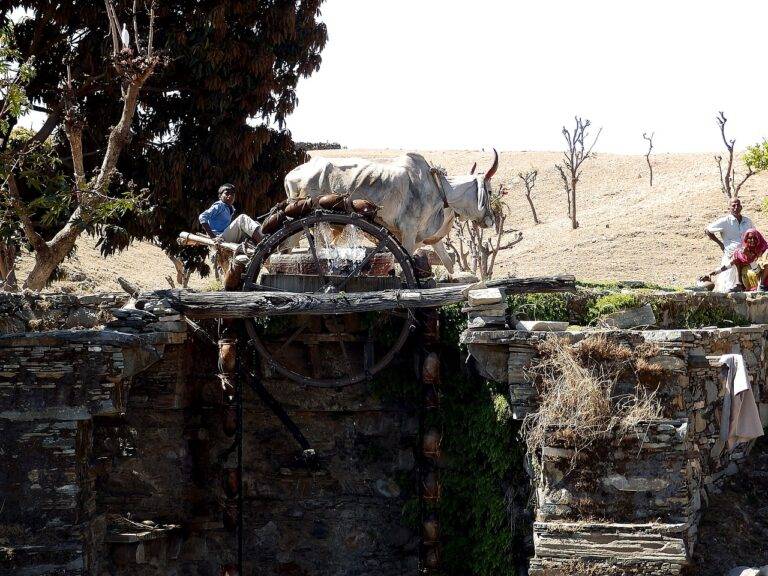The Role of Independent Fact-Checking in Combatting Misinformation During Elections
Accurate election information plays a vital role in ensuring the democratic process remains fair and transparent. Voters rely on accurate data to make informed decisions about which candidates align with their values and policies. Inaccurate or misleading information can cause confusion and possibly sway voters in a direction that is not based on facts, potentially undermining the integrity of the election.
Furthermore, the dissemination of false information can harm the credibility of election results and sow seeds of doubt in the minds of the public. In the age of digital communication, misinformation can spread rapidly, making it crucial for all sources of election information to prioritize accuracy. By upholding high standards of accuracy in election reporting and communication, we can uphold the democratic principles that form the foundation of our society.
• Accurate election information is crucial for voters to make informed decisions
• Misleading information can sway voters in the wrong direction
• False information can harm the credibility of election results
• Misinformation spreads quickly in the digital age
• Upholding accuracy in election reporting is essential for democratic principles
The Impact of Misinformation on Voter Decisions
Misinformation has the potential to significantly influence the decisions of voters during elections. When voters are exposed to false or misleading information, it can shape their perceptions and sway their opinions in ways that may not align with the truth. This distortion of facts can lead individuals to make choices based on inaccurate premises, ultimately impacting the outcome of an election.
Moreover, the spread of misinformation can erode trust in the electoral process and in the information provided by candidates and media outlets. When voters are bombarded with conflicting or fabricated information, it can create confusion and skepticism, making it difficult for them to make informed decisions. This breakdown in trust can have far-reaching consequences, casting doubt on the legitimacy of election results and undermining the foundation of democracy.
How Independent Fact-Checking Can Help Verify Claims
Independent fact-checking plays a crucial role in ensuring that the information presented to the public during election campaigns is accurate and reliable. By thoroughly investigating claims made by politicians and parties, fact-checkers help to hold them accountable and prevent the spread of misinformation. This transparency is essential in helping voters make informed decisions based on verified information rather than false or misleading statements.
Moreover, independent fact-checking aids in maintaining the integrity of the electoral process by exposing any deceptive practices or falsehoods that may influence voter perceptions. Through rigorous analysis and verification of claims, fact-checkers serve as a valuable resource for the public in discerning between truth and distortion. By promoting accuracy and accountability in political discourse, independent fact-checking contributes to a more informed and empowered electorate.
What is the importance of accuracy in election information?
Accuracy in election information is crucial to ensure that voters have access to reliable and trustworthy information when making decisions at the polls. Misinformation can lead to confusion and may impact voter decisions.
How does misinformation affect voter decisions?
Misinformation can distort the truth and influence voter decisions in a negative way. It can sway opinions, create confusion, and ultimately impact the outcome of an election.
How can independent fact-checking help verify claims?
Independent fact-checking involves unbiased evaluation of claims made by politicians, candidates, and sources of information. Fact-checkers use evidence-based research to verify the accuracy of statements and provide the public with reliable information. This helps voters make informed decisions based on facts rather than misinformation.







